
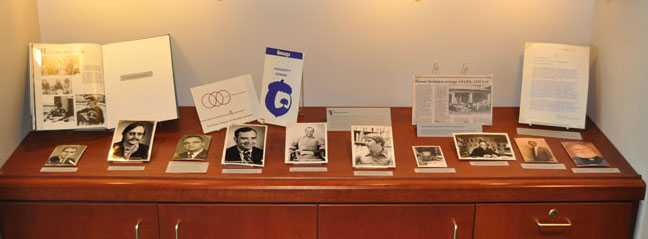
Over time, the Honors Program at Gonzaga underwent many changes, altering its core requirements and the student’s attention to their specific major. At the end of each student’s senior year, a senior symposium was held in which each student gave a one hour presentation on a research paper they had written. This event was accompanied with a single publication that included each student’s paper. Later the senior symposium was replaced with the Honors’ interdisciplinary senior thesis and presentation. In the late sixties, the program introduced colloquia—discussion based courses that explore a wide range of interdisciplinary topics and were facilitated by one or more faculty. The interdisciplinary thesis and colloquia are both traditions live on today.
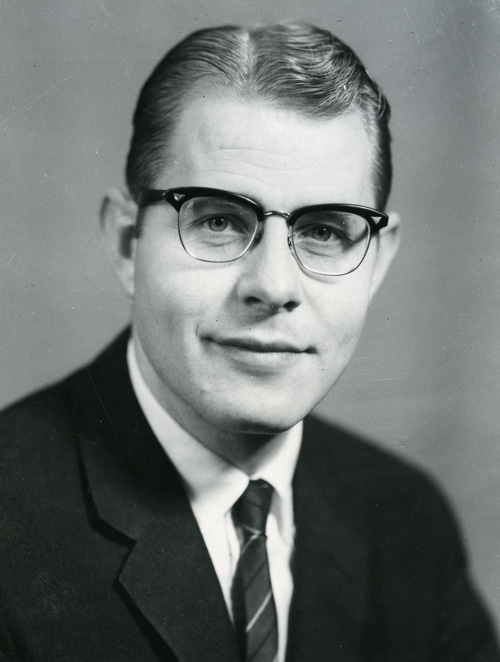
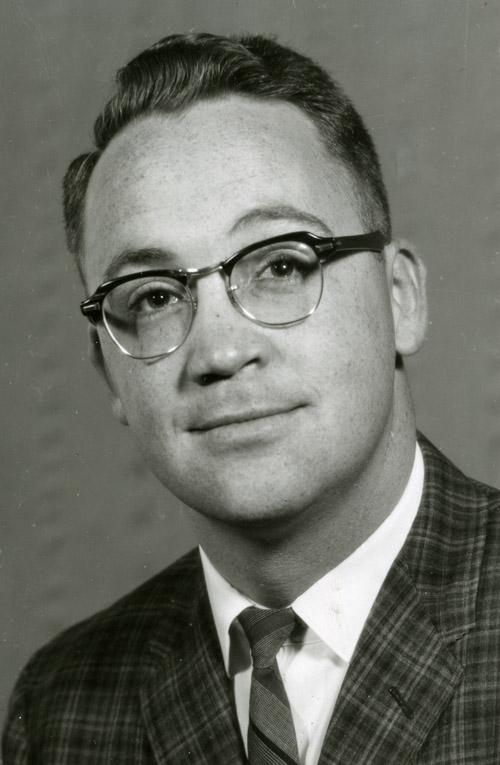
Dr. Salmon made some drastic changes to the program while director. Under his direction, students in their sophomore, junior, and senior year were allowed to choose between a number of one credit hour seminars. Students were required to take an average of one seminar per year. Three seminars were offered per semester and were open all sophomores, juniors and seniors in the program.
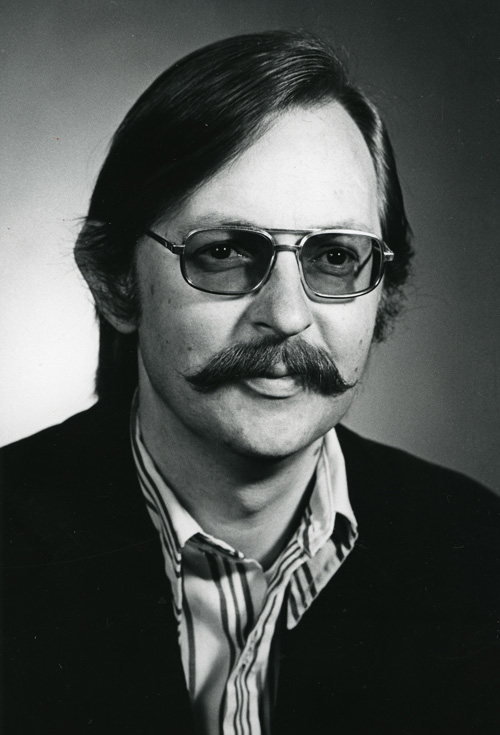

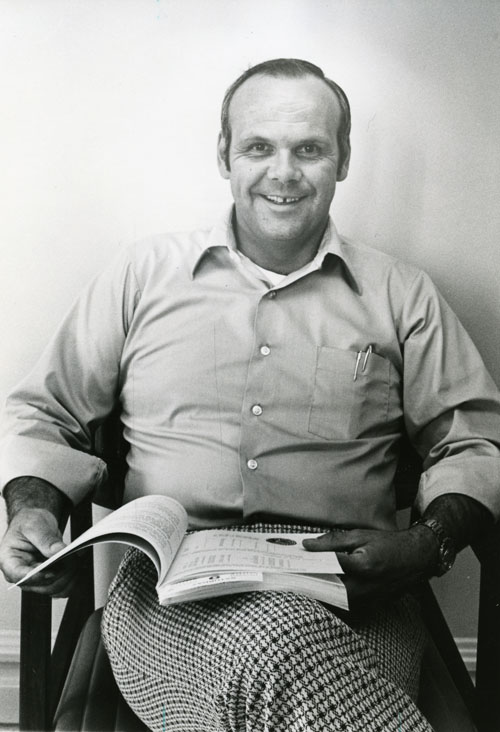
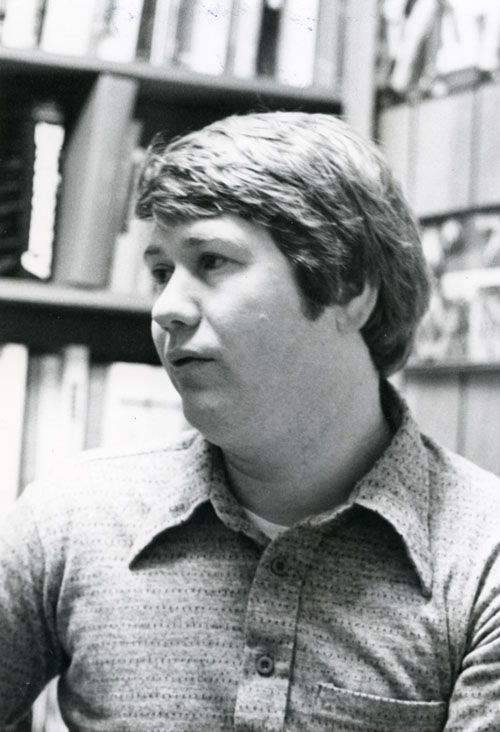
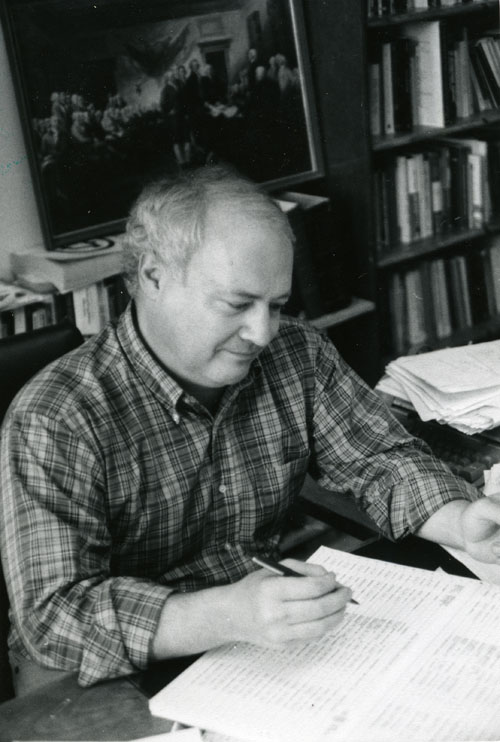
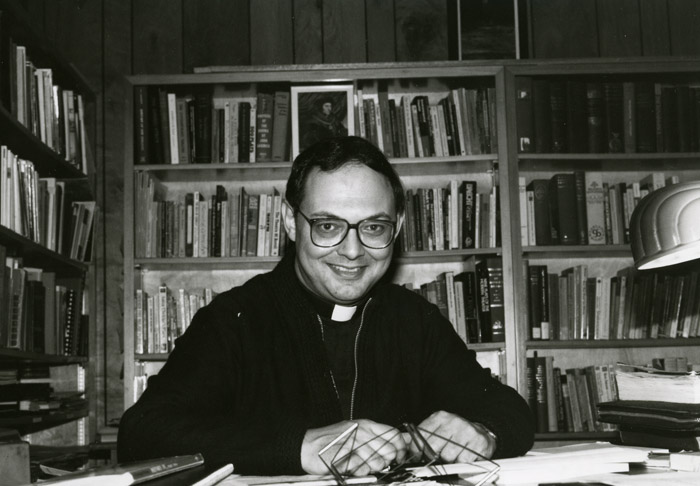
While Fr. Siconolfi was the director, the program acquired Hopkins House as a community center. The house is equipped with study rooms, computers, a kitchen, a movie room, a sitting room and a classroom. Although no honors students live in the house, all have 24 hour access to the building for studying and social activities.
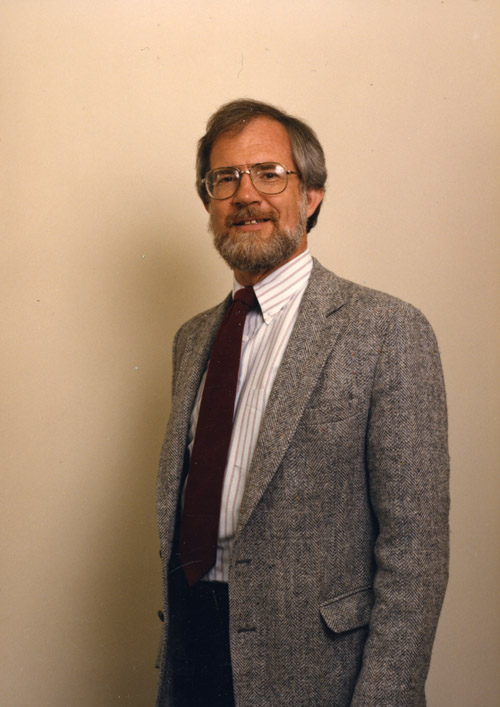
During Fr. Kuder’s time as director, the program adopted the moose as its mascot. It all started because the honors community house was getting too messy. When Fr. Kuder had had enough, he flew a flag with a moose on it outside of the house and the students knew they had 24 hours to clean up, or Kuder would lock them all out for a week.
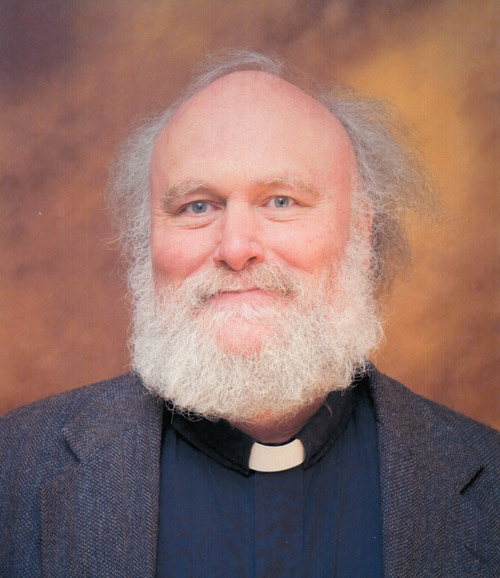
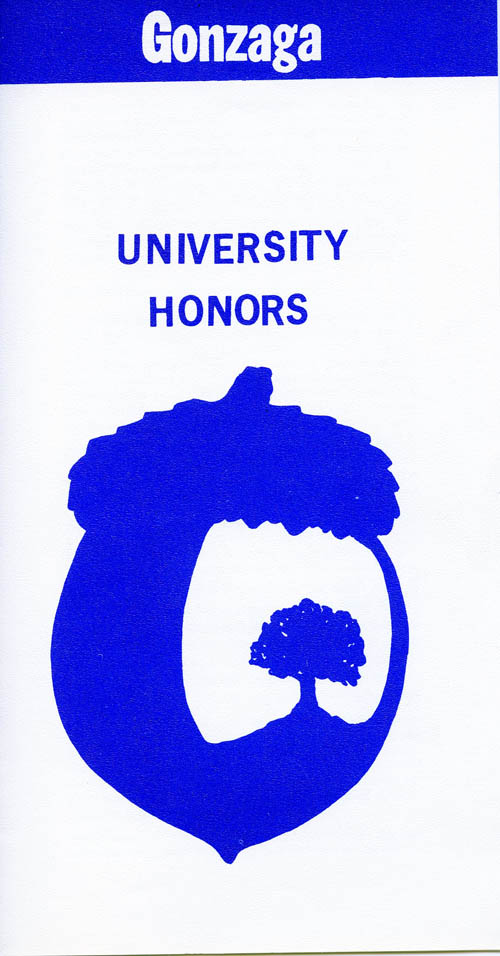
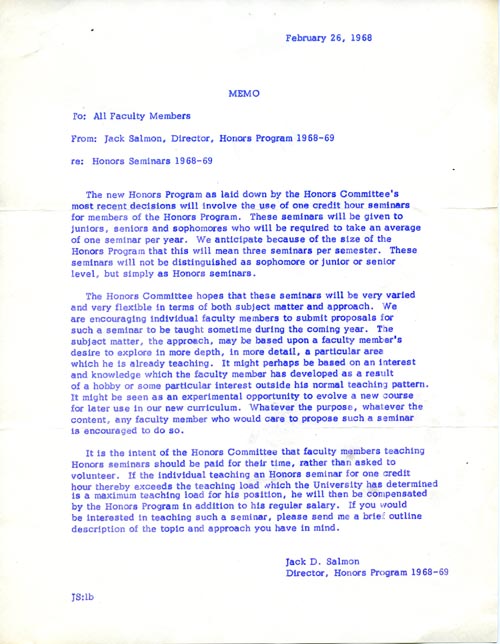
Under Dr. Jack Salmon, the Honors Program made some radical changes. These included the introduction of one credit seminars to be made available for any sophomore, junior, or senior in the program. Three seminars were to be taught per semester. This memo announces to professors the opportunity to submit a proposal for such a seminar.
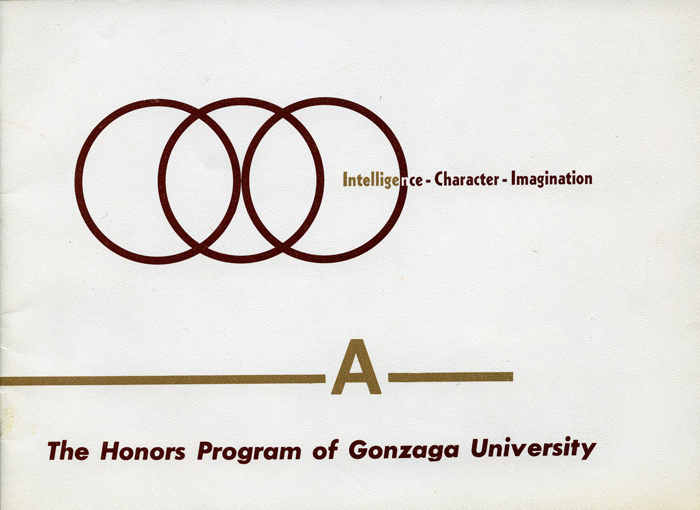
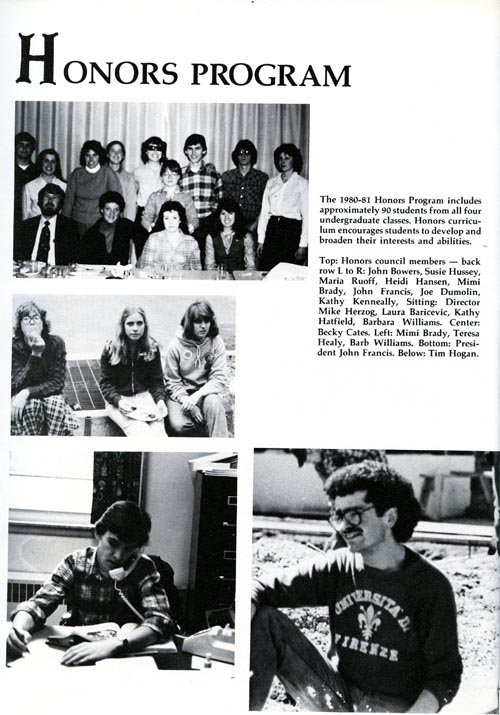
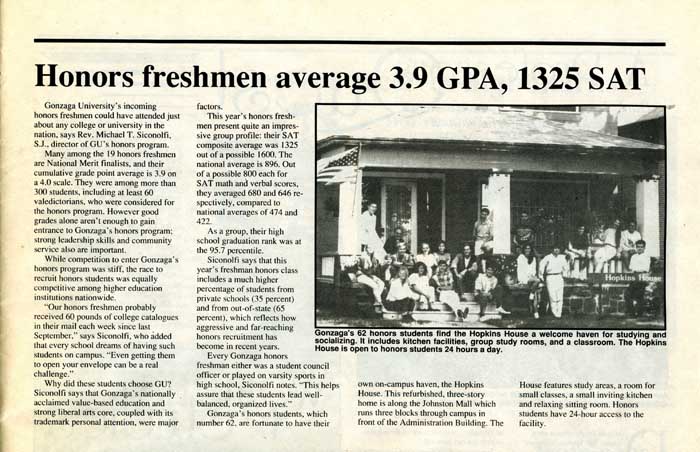
In this article in Signum, Gonzaga’s alumni magazine, Gonzaga announces to its alumni the incredible statistics boasted by the Honors Program’s incoming freshman. One student in the class even scored perfectly on the verbal SAT.